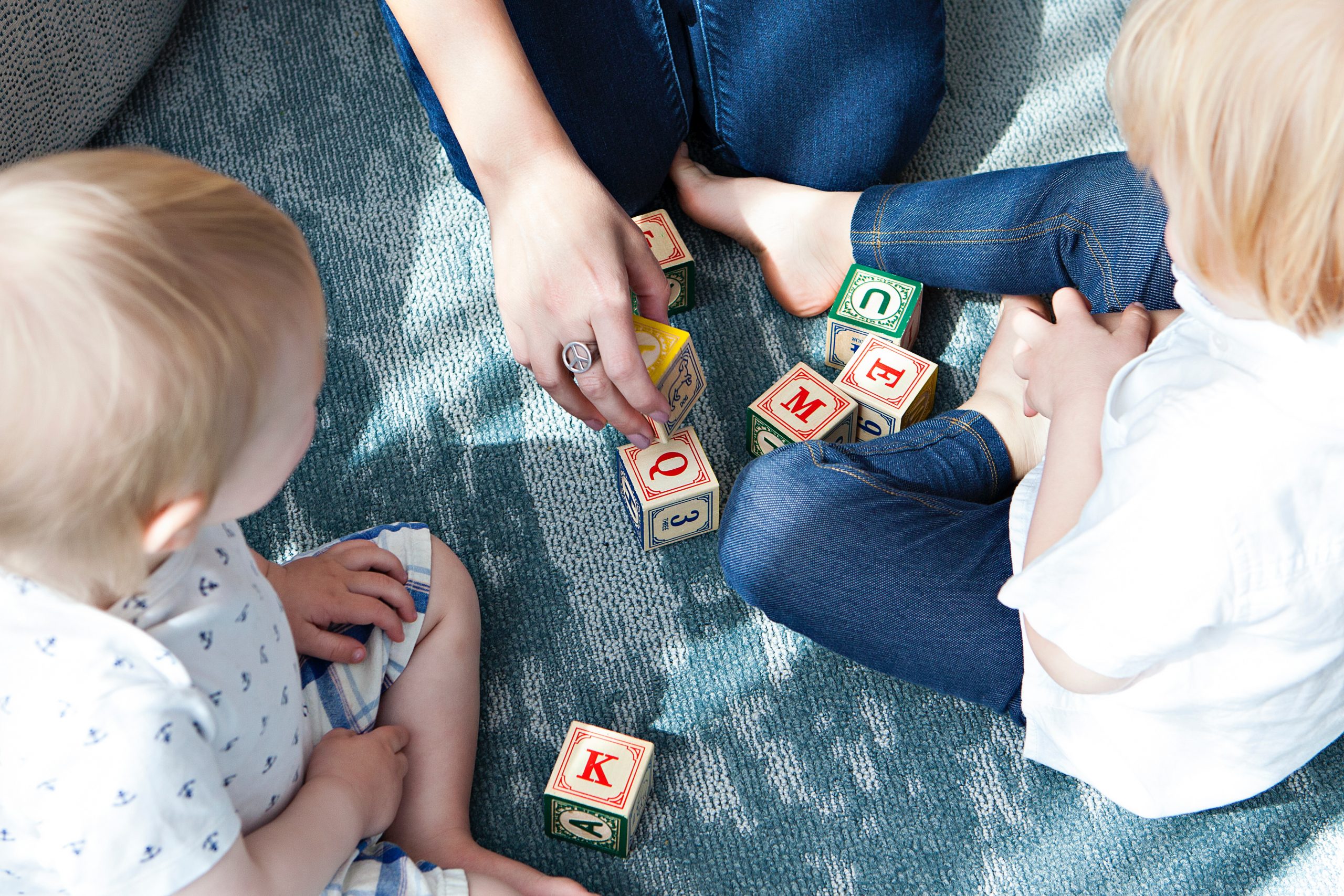Early education must put whole child development first

“Too few educators are making a commitment to the practices of whole child development. This is more than a missed opportunity, especially during early education. It’s a travesty,” says Natalie Grant, a veteran early years teacher, a mother of three, and the co-creator of Muddy Smiles – a site dedicated to children’s play.
In this opinion piece, Natalie explores the concept of whole child development – referred to in the Early Years Learning Framework as an holistic approach – and the transformative capacity this viewpoint can have in the work educators do in the lives of children.
What do we mean when we speak of whole child education? There’s been a lot of ink spilled on the topic, but in essence this is a style of education celebrates and practically attends to the socio-emotional, physical, creative, and cognitive capacities within each child. It acknowledges that these are fundamental aspects of humanity that are profoundly interrelated and equally vital to ensuring a child’s wellbeing, learning, and growth.
Whole child education means acknowledging that there’s no one-size-fits-all solution, and that children learn in different ways and at different speeds. It requires constant and clear communication and two-way trust between child and parent or educator. It deprioritises academic goal setting and measurement, often asking children to find solutions in their own way, at their own pace.
For a long time, we overemphasised rote learning in the early years. It was easier to teach and easier to quantify – either a kid had learned something, or they hadn’t. Fortunately, there is now a reasonable consensus that too much ‘cookie-cutter’ learning runs the risk of producing kids who are unable, or unwilling, to go beyond what they learn. It is great to see our early childhood education system is moving, evolving and improving by embracing play and child-centered learning (for example), but there is still some way to go before it attends to our children’s needs in the broadest sense.
A whole child approach promotes less-structured time, encourages play and experimentation, and fuels children’s desire to learn. All of these combine to improve their self-directed executive functioning. Executive functions in childhood – the ability to creatively work out their own solution to a problem and then act on it – is a strong predictor of important life outcomes. Children in the early years are flexible, imaginative, and free of preconceived notions. They’re capable of so much more than rote memorisation, and it’s a shame that early years educators don’t ask much more from them than that. With support and understanding, they are capable of amazing things.
Whole child education aims to help children discover their own problem-solving and thinking skills. It also acknowledges that no human exists in isolation. In order to flourish, children need the chance to develop their socio-emotional skills and work together towards solutions.
The educator role in this approach is not that of an unquestionably authoritative source of information. Instead, educators can pose problems and challenges that attract the child’s attention, based on their knowledge of the child’s preferences. Then the child can be given as much free rein as possible to find a solution to the problem, looking to the adult for help, advice, and emotional support, rather than answers.
When it comes to sourcing pragmatic examples and methods of how to implement this open-ended play, this article is a good primer.
Whatever approach you choose, it’s important to remember that your goal is to communicate, facilitate, and support, not lead the children by the hand.
You can suggest goals and activities if they seem bored or frustrated, or gently guide them away if they seem about to do something dangerous. But it’s vital to also trust them to find their own path instead of falling into the trap of thinking “they’re children – they aren’t capable of…” Give them the freedom to make mistakes and learn how to recover from them.
And beyond that, it’s even more important to let them know that they’re trusted, and you have their back. Children who grow up experiencing this sort of faith and encouragement are children who will learn to trust their own capabilities. They will become confident leaders, capable problem solvers, and agile thinkers.
I hope this article has encouraged you to learn more about whole child education, and/or apply it to your own context.
I have seen the benefits of this approach firsthand, especially when it’s applied from the very start of a child’s education. There are many online resources and support like the links above that can help you get started, but it’s not really that hard. It begins with seeing, trusting and supporting your children, and everything flows from that!
Popular

Practice
Provider
Quality
Research
Workforce
New activity booklet supports everyday conversations to keep children safe
2025-07-10 09:00:16
by Fiona Alston

Quality
Practice
Provider
Workforce
Reclaiming Joy: Why connection, curiosity and care still matter in early childhood education
2025-07-09 10:00:07
by Fiona Alston

Policy
Practice
Provider
Quality
Research
Workforce
Beyond the headlines: celebrating educators and the power of positive relationships in early learning
2025-07-07 10:00:24
by Fiona Alston












